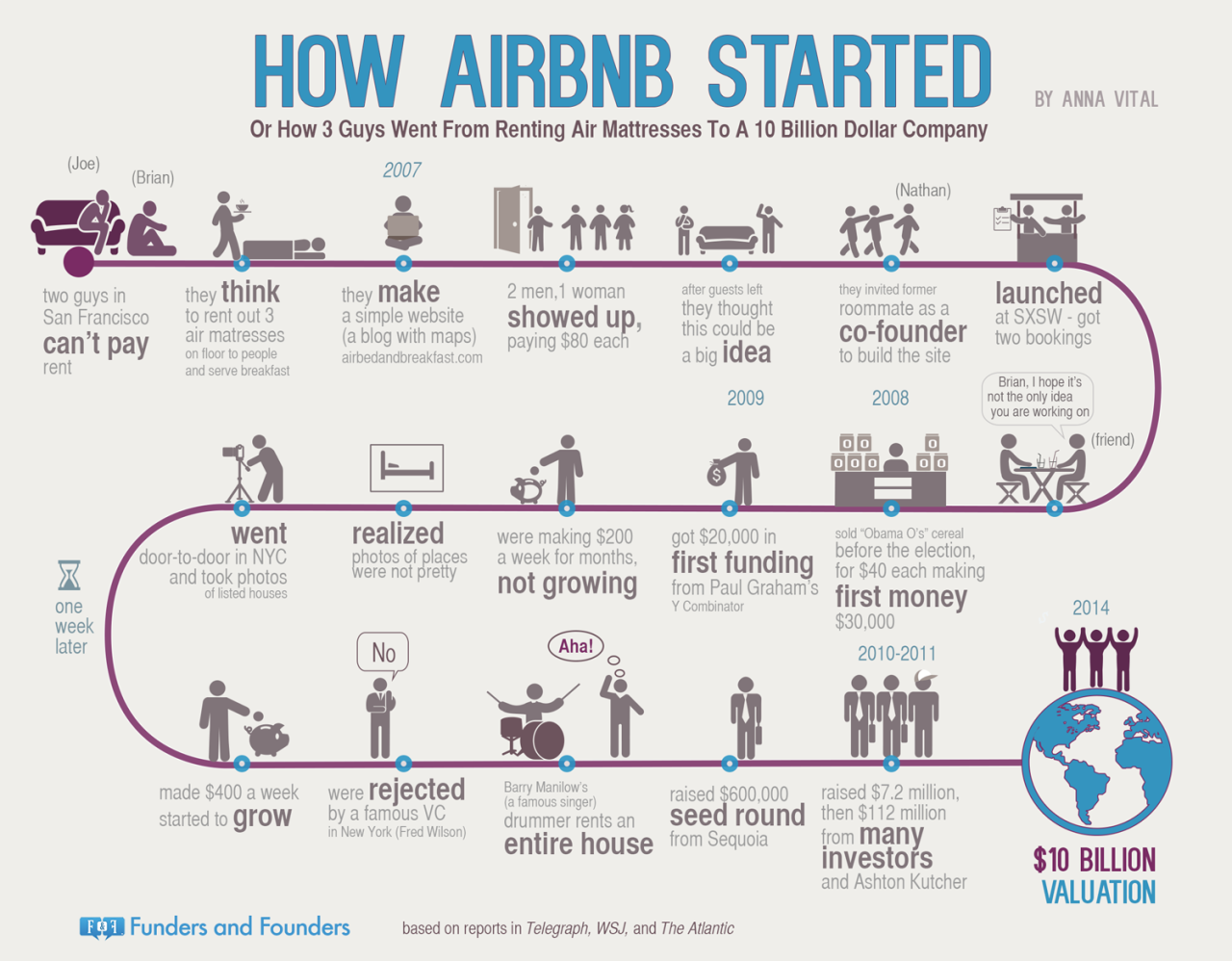How to strengthen your startup idea with design thinking.
Korakati, a remote village in India became the spot for a location of the ‘School in the Cloud’, an idea led by 2013 TED Prize winner Sugata Mitra.
His thesis was simple- “If you give a group of children a set of questions and a computer with an internet connection, they will be able to find answers — whatever the difficulty level. Interestingly, the more random the group, the better”.
What has to be borne in mind is that the computers were not known in the community where this was started. These children worked in English, a language they had never properly learned, nor had they ever encountered a computer before. In a matter of a few days, through just plain tinkering, they had taught themselves how to navigate the machine and find answers to whatever questions they had.
What can you learn from this?
If you have been around long enough to see the past decade and half pass by, you will have noticed that the presence of manuals with products has almost died out as a practice. We have ever more complex products that are sold that come without any manual and yet we are up and running within a few hours, sending tweets about how excited we are about the new phone and ‘Instagramming’ our dinner that night.
How do we learn about all the myriad things that the product has to offer without going through almost any documentation ?
We can take a cue from how children learn in the early stages of life. A child is never given a manual about life detailing how things are done. The learning process happens through the basic mechanisms of learning by doing and emulating the behaviour of others. The same analogy can now be applied to the adoption of services and products that we consume.
We have all heard enough stories about how young children unpack the latest iPhone, change wallpapers, customize the settings and play around with apps while parents are struggling to wrap their heads around how to send emails on the new device.
This demonstrates a fundamental difference in the way technology is being adopted by younger vs. older demographics. Your idea should cater to the way that the audience will adopt the new technology.
It also demonstrates how design has evolved to the point where it is easy and intuitive for all groups to grasp new concepts.
Design principles tailored to the target age-group would dramatically increase the effectiveness of how quickly the entrepreneur can achieve successful adoption. From varying font sizes to the structure of menus to reflect the trends that the demographic is used to, the approaches to do this are extremely varied. A thing that is not often looked at or ignored is the importance of having small bite-sized blog posts that would detail how a product works and how to make the most effective use of the features that it offers. This would be a very useful strategy for some of the adopters who fall outside of the Millennial generation.
Design thinking is critical. You have to make it as simple and as alluring as possible for your users to use your product, and for them to teach others to use it. This is the essence behind how an idea is spread—thinking about your user, why they’re using your product—and how to convince them to convince their friends to get on board as well.
AirBnB flatlined at $200 a week in revenue until they determined that taking professional pictures of their spaces sharpened the value proposition of what they were offering to the degree that more people were renting out AirBNB spaces—now that they knew exactly what they were getting.
Good design is crucial now.
Thinking about how a user goes through your product will determine your success or failure.
Nicholas Negroponte, in the 7 years of having run the One Laptop Per Child (OLPC) project, came to similar conclusions as Sugata Mitra. After having dropped computers in remote parts of Africa, children were teaching each other how to use the computer, something that they had themselves learned just a few hours ago. They understood how this new product would help them—and they understood very easily how to use it, and more importantly how to teach using this new tool.
You should aim to foster the same mentality with your own startup. It will mean the difference between stagnation, and explosive growth.





























